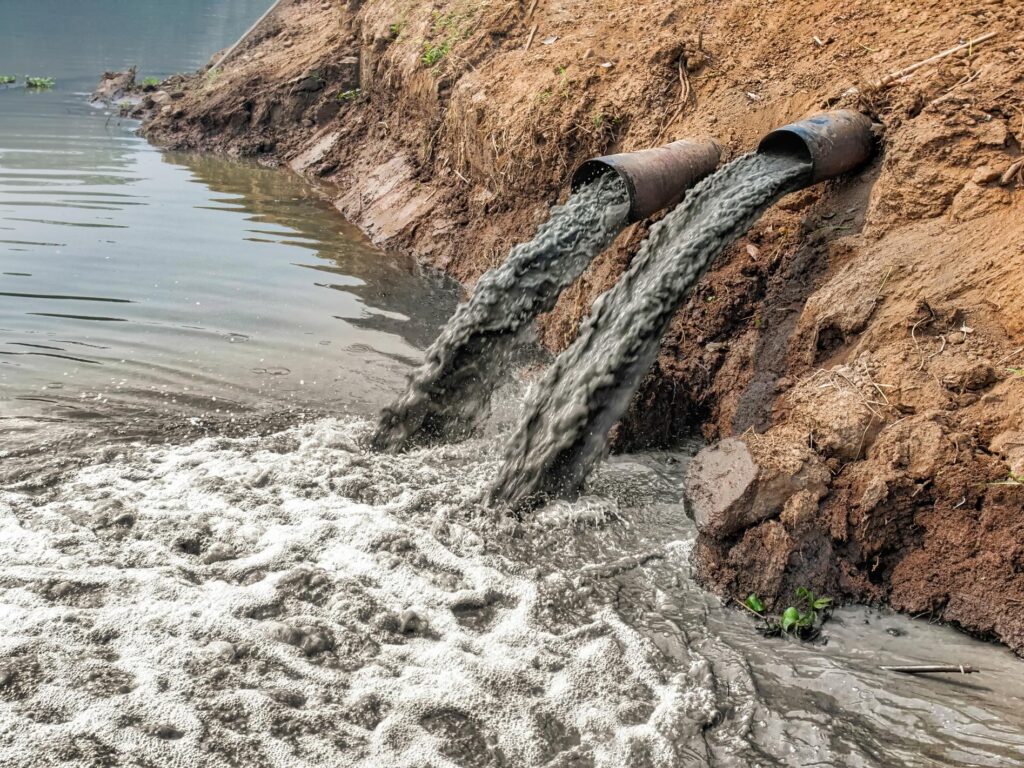
Water, a fundamental resource for various aspects of life, from agriculture to domestic use, is under threat due to industrial pollution and untreated wastewater discharge. The detrimental effects of these practices extend beyond mere environmental degradation; they pose significant risks to human health and disrupt delicate aquatic ecosystems.
Freshwater bodies, essential for sustaining life, are facing unprecedented challenges. Industries, in their pursuit of production and manufacturing, often release untreated wastewater into nearby water sources. This toxic discharge not only contaminates the water but also makes it inhospitable for aquatic organisms and unfit for human consumption.
In urban areas, particularly those inhabited by the economically disadvantaged, untreated wastewater is frequently channeled directly into drainage systems, aggravating health risks for residents, especially children who are more vulnerable to waterborne diseases. The presence of untreated waste fosters the proliferation of disease-causing bacteria, further compromising water quality and endangering public health.
The impact of industrial waste extends far beyond immediate health concerns. It disrupts freshwater ecosystems, choking habitats and diminishing biodiversity. More so, toxic pollutants hamper the reproductive capabilities of aquatic organisms, threatening their survival and the overall health of the ecosystem. What was once a vibrant ecosystem teeming with life becomes a hazardous environment for both aquatic creatures and humans alike.
The consequences of untreated wastewater discharge are dire, with infectious diseases such as cholera, dysentery, and hepatitis A posing significant health risks to those exposed to polluted water sources which clearly depicts the urgent need for comprehensive wastewater treatment and stringent environmental regulations.
Addressing these challenges requires rigorous efforts from governments, stakeholders, and the private sector in order to implement robust environmental laws and enforce strict regulations on wastewater discharge so as to safeguard water quality and preserve aquatic ecosystems. So, by prioritizing the treatment of wastewater before its release into the environment, we can mitigate the adverse effects of industrial pollution and ensure the sustainability of our water resources for future generations.
Simply put, the detrimental effects of industrial pollution and untreated wastewater discharge on water quality and aquatic ecosystems are undeniable. Urgent action is needed to mitigate these impacts and protect both human health and the environment. Therefore, there is need for collaborative efforts and decisive measures to handle the issue.


